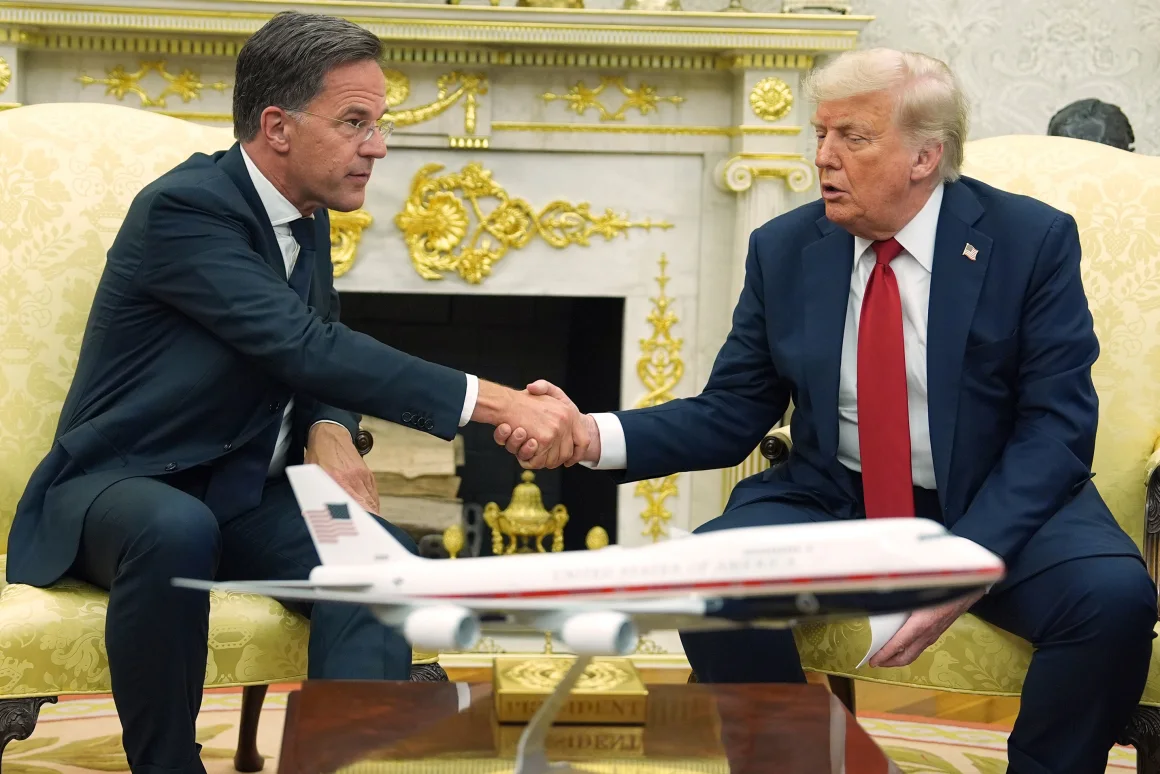A notable shift in the trump ukraine ultimatum has occurred in the U.S. approach to the Ukraine war, as the White House recently announced a 50-day deadline for Moscow to engage in peace talks. The trump ukraine ultimatum signals a stronger stance from Washington and marks a surprising recalibration in its foreign policy posture.
1. Weapons Support Is Real — for Now
Patriot missile systems are already being shipped to Ukraine, signaling a major reversal from earlier reluctance to provide advanced weaponry. According to aides, the administration is also open to expanding the list of arms — including some offensive systems.
“No, he shouldn’t target Moscow,” the president told reporters. “I’m on nobody’s side. You know whose side I’m on? Humanity’s side.”
Still, it’s unclear how far Washington is willing to go. The scale of aid still falls short of Biden-era packages, and questions remain about the delivery and long-term impact of the new systems.
2. A Warmer Embrace of NATO
Once critical of NATO’s spending commitments, the White House now supports a defense pledge brokered by Secretary General Mark Rutte. The agreement, committing members to spend 5% of GDP on defense by 2035, is being credited as a policy success.
This shift offers political cover: Ukraine can be supported indirectly through the alliance, while claiming a “deal” that places more responsibility on European allies.
“Ultimately, having a strong Europe is a very good thing — it’s a very good thing,” the president said on Monday.
3. A Short Timeline for Peace — and High Stakes
The administration issued Moscow a 50-day deadline to negotiate peace — a timeline some see as a chance for Putin to consolidate territorial gains through a summer offensive. Still, trump it’s a marked shift from the previous stance that the war was unwinnable and not America’s fight.
“Might not be 50 days — might be much sooner,” the president said, hinting at ongoing recalculations.
For Ukraine, the new U.S. position improves its chances of surviving as a sovereign nation — even if long-term certainty is still lacking.
Trump Ukraine Ultimatum and the 50-Day Timeline for Peace
The administration issued Moscow a 50-day deadline to negotiate peace — a timeline some see as a chance for Putin to consolidate territorial gains through a summer offensive. Still, it’s a marked shift from the previous stance that the war was unwinnable and not America’s fight.
“Might not be 50 days — might be much sooner,” the president said, hinting at ongoing recalculations.
For Ukraine, the new U.S. position improves its chances of surviving as a sovereign nation — even if long-term certainty is still lacking.
Still Transactional, Still Unpredictable
Despite the tougher posture, trump ukraine ultimatum the White House remains transactional and prone to quick shifts. Frustration with Putin appears rooted more in personal disappointment than in strategic realignment. Rhetoric continues to alternate between condemnation and guarded optimism.
“I’m not done with him,” the president said of Putin in a recent interview.
Analysts caution that policies may change rapidly — especially if relations sour with Ukrainian President Volodymyr Zelensky, who had a tense Oval Office meeting earlier this year.
Domestic Political Headwinds
On Capitol Hill, there’s momentum for stronger sanctions on Russia, including secondary sanctions targeting nations like China and India that continue trade. While the administration has floated the idea, critics warn it could cause global economic disruption.
Sen. Rand Paul: “One of the most dangerous bills ever to come before the Senate.”
Sen. Josh Hawley: “No urgent need for a sanctions bill if action is already being taken.”
Despite trump some bipartisan Senate backing, the political base is divided. Navigating MAGA-aligned isolationism while managing global diplomacy is a delicate balancing act.
Strategic Ambiguity: A Risk and an Opportunity
Though there is now a firmer stance on arms and NATO, the lack of clarity in military and diplomatic planning leaves room for shifts. The Trump administration’s approach — pressure paired with openness to talks — keeps both adversaries and allies uncertain.
Putin’s core belief, that he can outlast the West, may still hold — especially if U.S. policy reverses course again. Yet for now, Ukraine enjoys an edge it lacked just months ago.
Frequently Asked Questions
What has changed in Trump’s stance on Ukraine?
He has moved from skepticism to limited support by sending Patriot missile systems and signaling openness to further aid — a notable change in tone.
Is Trump now fully supportive of NATO?
Not entirely, but his approval of NATO’s 5% defense spending pledge reflects a warmer view. He has also used the alliance as a vehicle to deliver weapons to Ukraine.
Why did Trump change his Ukraine policy?
Analysts suggest the shift stems from disappointment that Putin rejected proposed peace terms. His transactional style leads him to adapt based on personal or political outcomes.
Will Trump impose sanctions on countries like China and India?
Unclear. While secondary sanctions have been mentioned, such a move could disrupt global trade. Past behavior indicates he may hesitate to follow through.
How does this affect Ukraine’s chances in the war?
The current U.S. stance boosts Ukraine’s diplomatic and military outlook — though future support levels remain uncertain.







